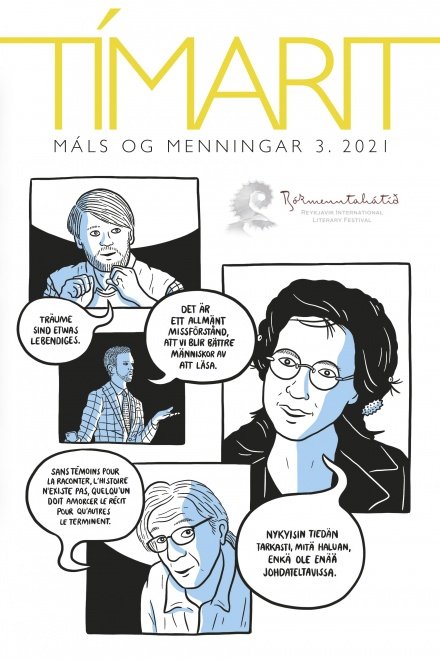Fjölskylduborð fyrir tólf / Round table for twelve
In the third column for Timarít Máls og menningar, I write about family connectedness in immigration experience and sociopolitical challenges of post-communist reality. Thank you: Sigþrúður Silju Gunnarsdóttir, and especially Elín Edda Pálsdóttir for the translation. Thank you, Elías Knorr, Laura López, and Natasha Stolyarova for sharing your stories with me.
When my friend Natasha moved to Iceland from Russia, it wasn’t the glaciers or geysers that she found most surprising, but rather the landscapes formed by loose skin, sagging cheeks, white hair, and hunched backs. She’s never seen so many older people at once, the streets full of them, healthy, happy, alive. Natasha’s grandparents passed away a long time ago, along with an entire generation. Too early. In Russia, those who lived through communism died with the end of it. The shortcut from socialism to capitalism cost millions of lives; they themselves were cut short before they could bloom into autumn flowers. During the economic transition, the life expectancy among Russian men dropped to 58. The hardship of life killed them, the so-called “socioeconomic stress”, or the black holes.
Read the whole column at Tímarit Máls og Menningar.
